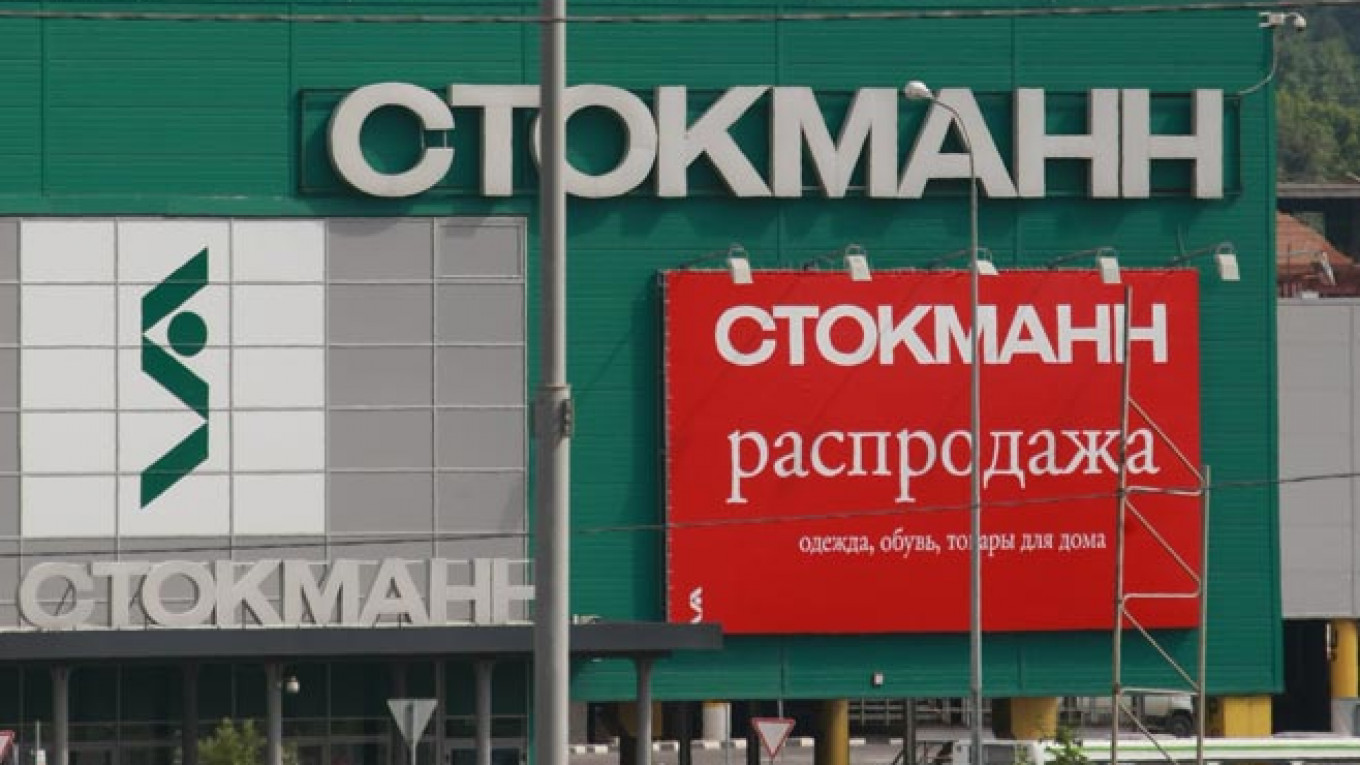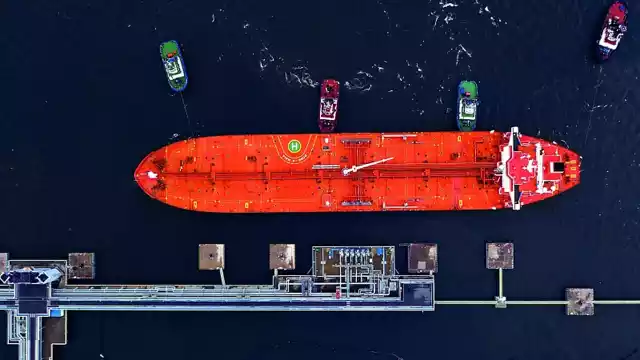HELSINKI — Finnish retailer Stockmann is freezing plans to open more department stores in Russian cities due to the uncertainty caused by the Crimean crisis, the company's chief executive said.
Hannu Penttila, who has headed the company since 2001, said in an interview that so far the biggest impact of the crisis for the retailer had been the weaker ruble.
Expansion in Russia had been one of the firm's strengths over the past decade. But a slowdown in Russia's economy has hit sales in the past year. Sanctions against some Russians as a result of Moscow's seizure of Crimea could exacerbate the situation, he said.
"For now, we have put our expansion plans [in Russia] on ice," Penttila said in the interview, held on Tuesday at the company's headquarters, located on the top floor of its flagship Helsinki store, the largest department store in the Nordic countries.
Operating in Russia since 1989, Stockmann now has five department stores in Moscow and one in St Petersburg. Its newest, in the Ural mountains city of Yekaterinburg, opened in 2011. It also operates several smaller shops for its fashion brands Lindex and Seppala.
It had said in the past that it was looking into opening new department stores in other major Russian cities of more than 1 million people.
Russian sales last year of 345 million euros ($475 million) were 17 percent of turnover, while home market Finland accounted for 50 percent.
Penttila said that the firm would look closely at potential opportunities once the crisis blows over, but only in Moscow and St. Petersburg.
"With many Western investors holding off on investments, we have to see whether that gives openings after the crisis passes," he said.
Penttila, who took part in launching the company's operations in the Soviet Union in the 1980s, said Stockmann has seen Russia go through hard times in the past.
"We have seen the Soviet Union dissolve, a couple of coup attempts, tanks on the streets, and still our stores have remained open and business has been running."
In 2008, Stockmann was forced to close its flagship Moscow store when the property's landlord cut the electricity supply during a rental dispute.
Increasing uncertainty due to the crisis — at a time when the Russian economy was already slowing — had complicated Stockmann's situation. Nevertheless, despite the fall in the ruble hurting the euro value of Russian sales, he said local currency sales were still developing "quite well."
The company still expects its sales to increase slightly in local currencies and operating profit to rise somewhat this year, he said, but added that an escalating crisis posed a risk.
"There is no reason to change our outlook for the year, but a lot depends on the crisis," Penttila said. "We can handle the ruble at the current level, but if it suddenly goes into a tailspin, that would be a problem."
In planning for the possibility of an escalating crisis that might disrupt imports, the company is limited in its ability to stockpile inventory because of the seasonality of its clothing and other wares, he said. Substituting imports for Russian goods would be difficult because customers seek Western brands.
The retail environment in its home base Finland looked very difficult, as the country has already seen two consecutive years of a declining economy which is expected to grow very little this year.
With traditional department stores not seeing growth, Penttila saw it coming from increasing its online presence, as well as fashion chain Lindex.
The Crimea crisis has had an impact on its plans to increase its Internet sales, Penttila said, with online stores now planned to be opened in the Baltics before Russia, reversing the order planned earlier.
Stockmann hopes to turn Lindex into a global fashion brand. The brand already operates in 16 countries, and is still looking at entering China after plans there were held up by partner Suning pulling out of a franchising agreement, Penttila said.
Penttila said the firm has no plans to sell its Helsinki or St. Petersburg real estate. Some analysts had speculated that Stockmann might sell its flagship department stores in the two cities, which are worth several hundred million euros each.
"At the moment, we have absolutely no plans to sell those properties … [they] are the crown jewels in our real estate holdings," the chief executive said.
Material from the Moscow Times was included in this report.
A Message from The Moscow Times:
Dear readers,
We are facing unprecedented challenges. Russia's Prosecutor General's Office has designated The Moscow Times as an "undesirable" organization, criminalizing our work and putting our staff at risk of prosecution. This follows our earlier unjust labeling as a "foreign agent."
These actions are direct attempts to silence independent journalism in Russia. The authorities claim our work "discredits the decisions of the Russian leadership." We see things differently: we strive to provide accurate, unbiased reporting on Russia.
We, the journalists of The Moscow Times, refuse to be silenced. But to continue our work, we need your help.
Your support, no matter how small, makes a world of difference. If you can, please support us monthly starting from just $2. It's quick to set up, and every contribution makes a significant impact.
By supporting The Moscow Times, you're defending open, independent journalism in the face of repression. Thank you for standing with us.
Remind me later.






